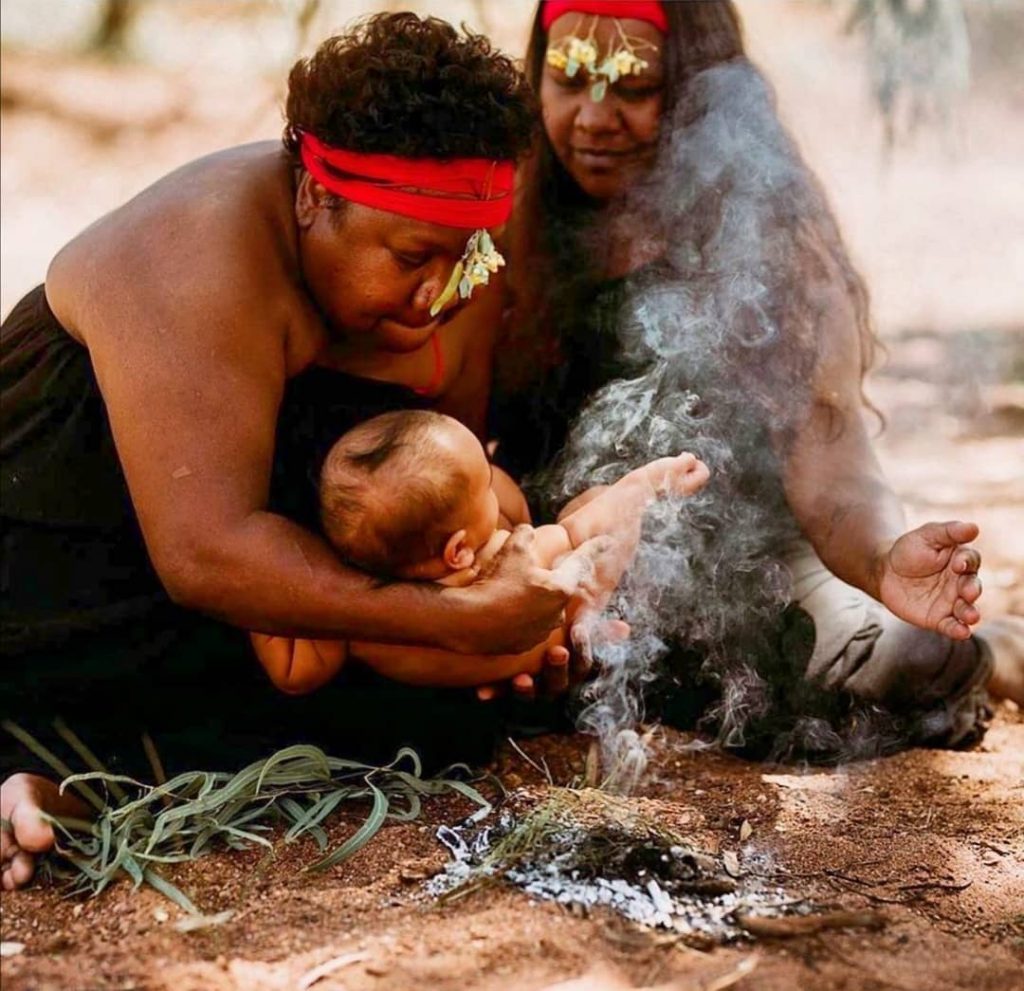The Baganda of Uganda believe that the placenta is actually a second child. Not only is it the child’s double, but the placenta also has its own spirit that resides in the umbilical cord. The portion of the cord attached to the baby must be carefully preserved to ensure the good health of the child.
Borneo Sea Gypsies ~ After the mother has given birth, a traditional midwife will carry the placenta and umbilical cord to the shore, and will perform a burial ritual on the island. The bajau believe that throwing the placenta to the sea will bring misfortune and bad luck. The sea is a sacred place for the Bajau and according to their belief if they will throw it at sea the fish will eat it and then they will eat it. This will brings bad luck.
Peru ~ Legend has it that Inca Yupanqui built a palace to house a gold statue of his mother Mama Rawa Occlo. Inside it he placed the placenta from his own birth. The Incas of Peru would dry out the umbilical cord and give it to the child to chew on later on while teething.
Hawaii ~ Native Hawaiians treat the placenta as a sacred part of the baby. When it is buried in nature, a tree is planted over it so it grows with the child.

China ~ The Chinese are big believers in the restorative powers of eating the placenta. Ziheche dried human placenta, is used in traditional Chinese medicine and consumed by the mother right up until menopause.
New Zealand ~ ‘Whenua’, the Māori word for placenta, is also the word for ‘land’. Māori people insist that the placenta and umbilical cord are buried together in a special receptacle on the child’s native land, creating a special relationship between the newborn baby and the earth.
Cambodia ~ Cambodian people believe that burying the placenta is key to ensuring the health of the baby and its mother in the future. It is wrapped in banana leaves and kept near the baby for three days before a burial ceremony.
Content by Alegra Ally & Extracts from a cross cultural survey on human placenta by Sharon Young & Daniel Benyshek.
📷: Bobbi Lockyer in Australia @adven
Reposted from Wild Born Project
#MaternidadRevolucionaria